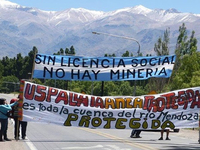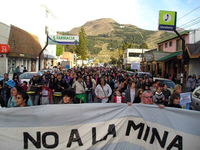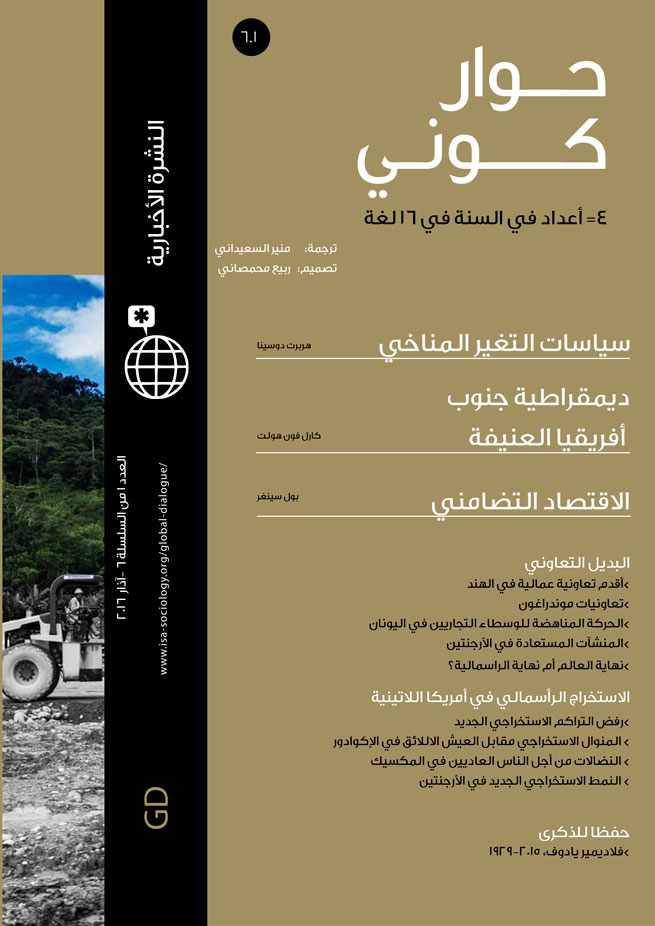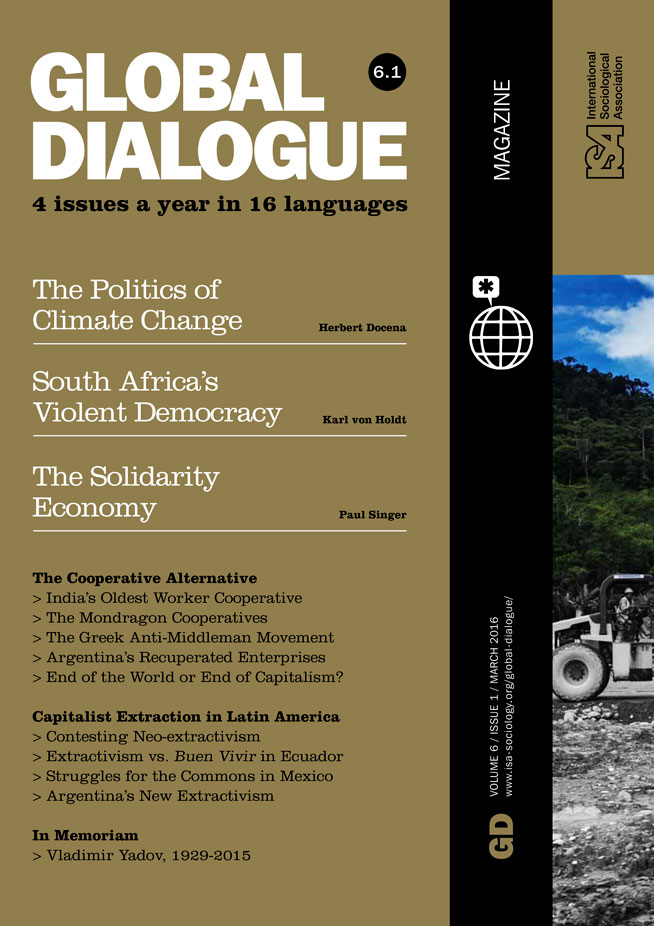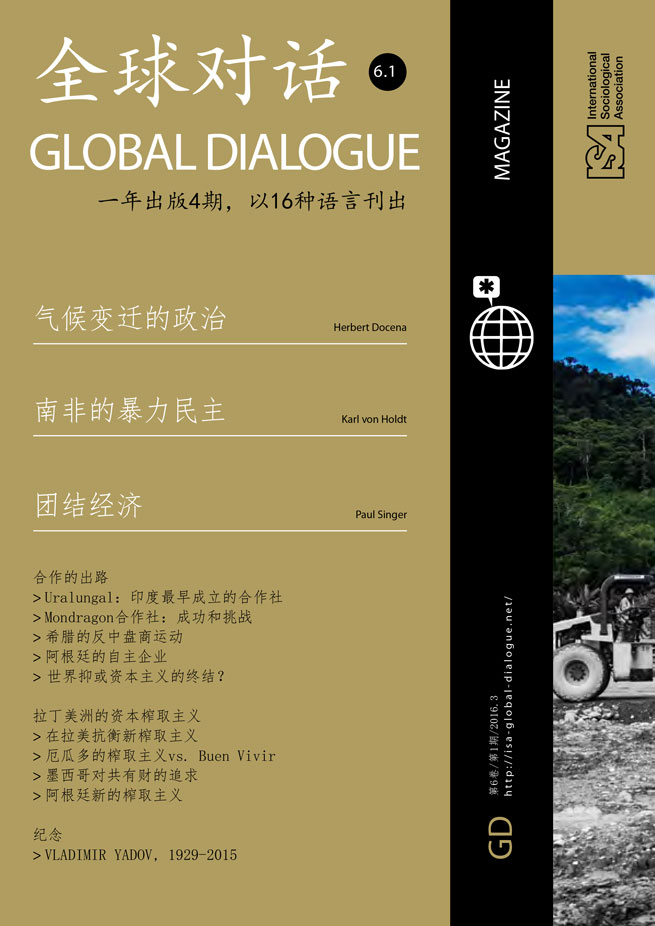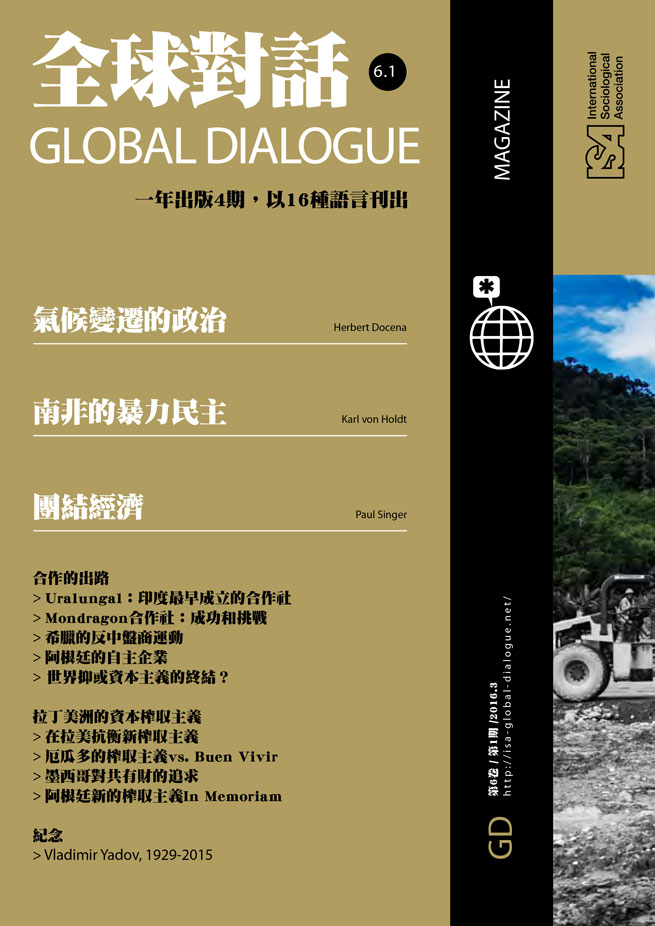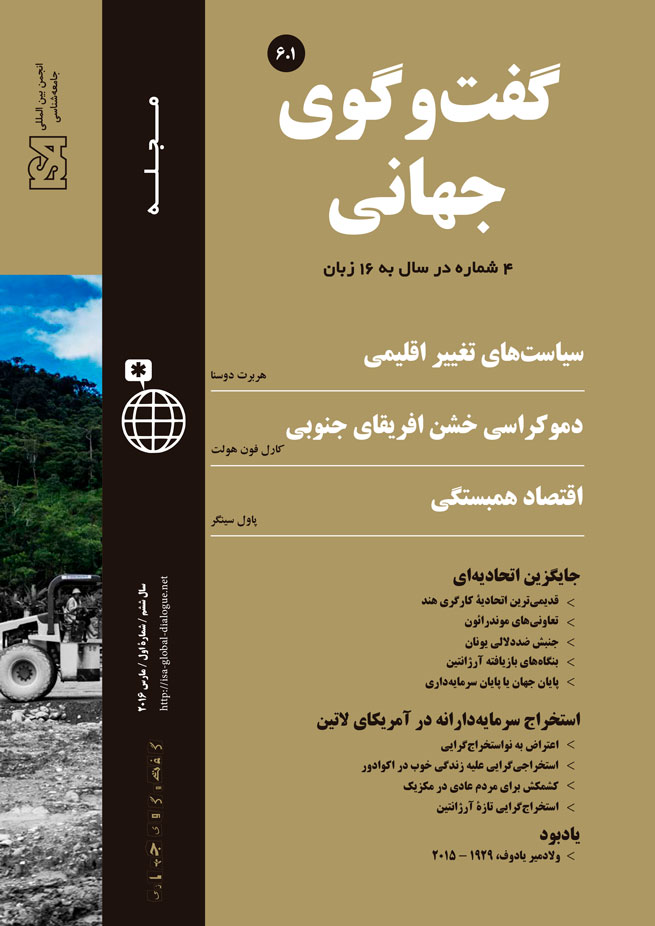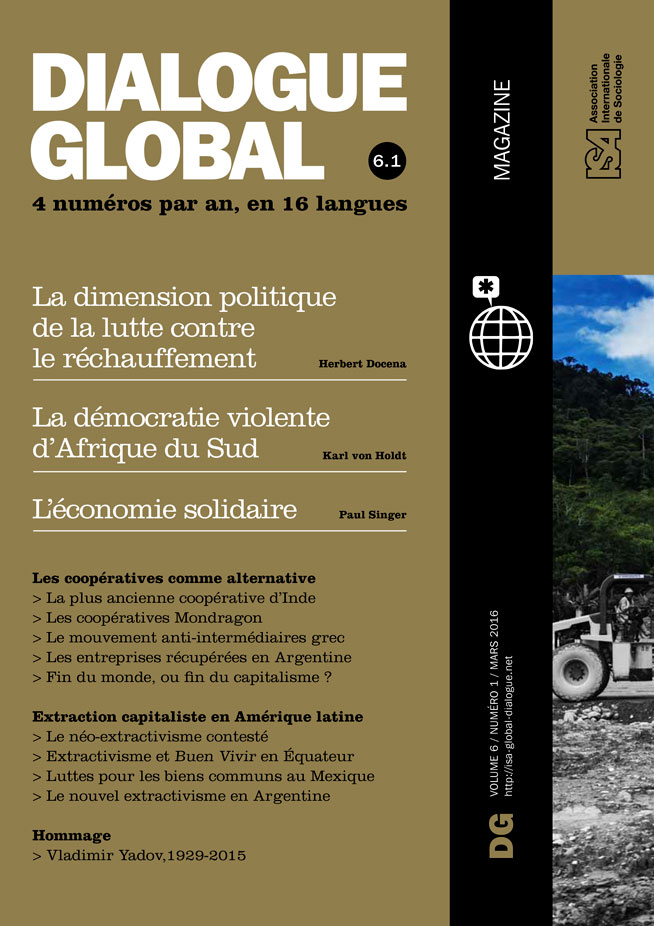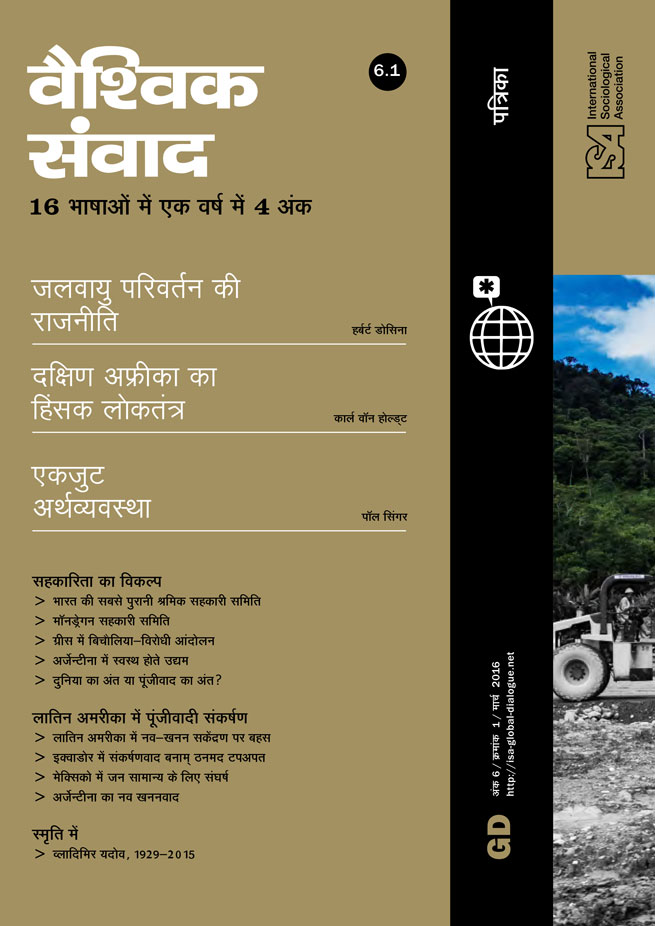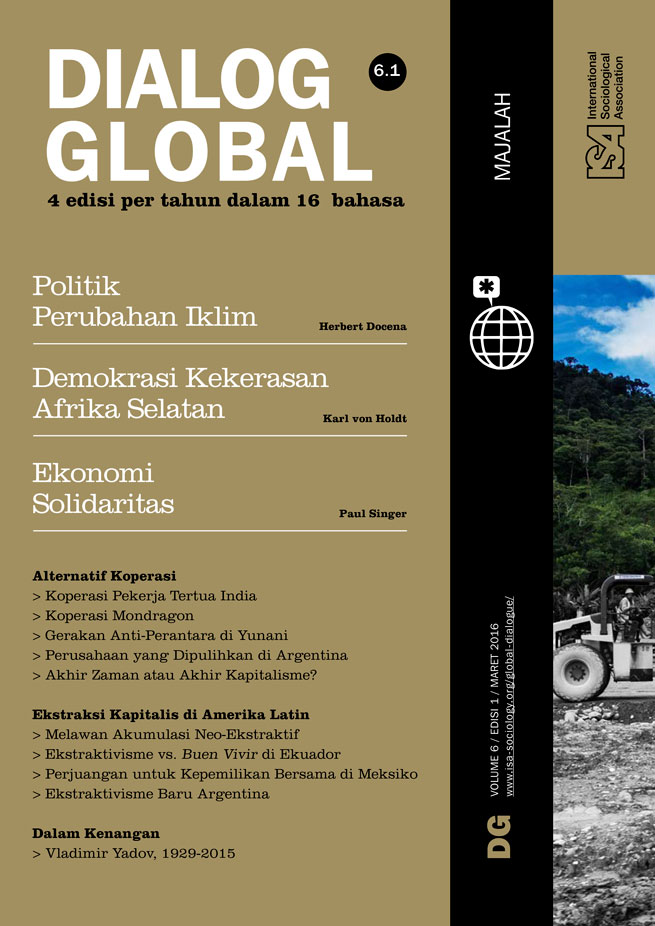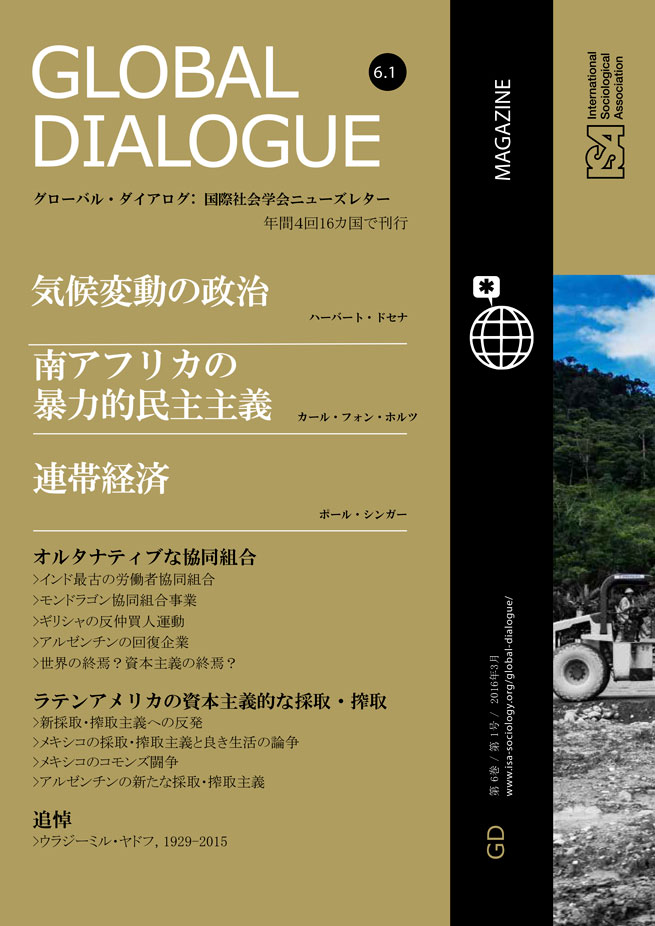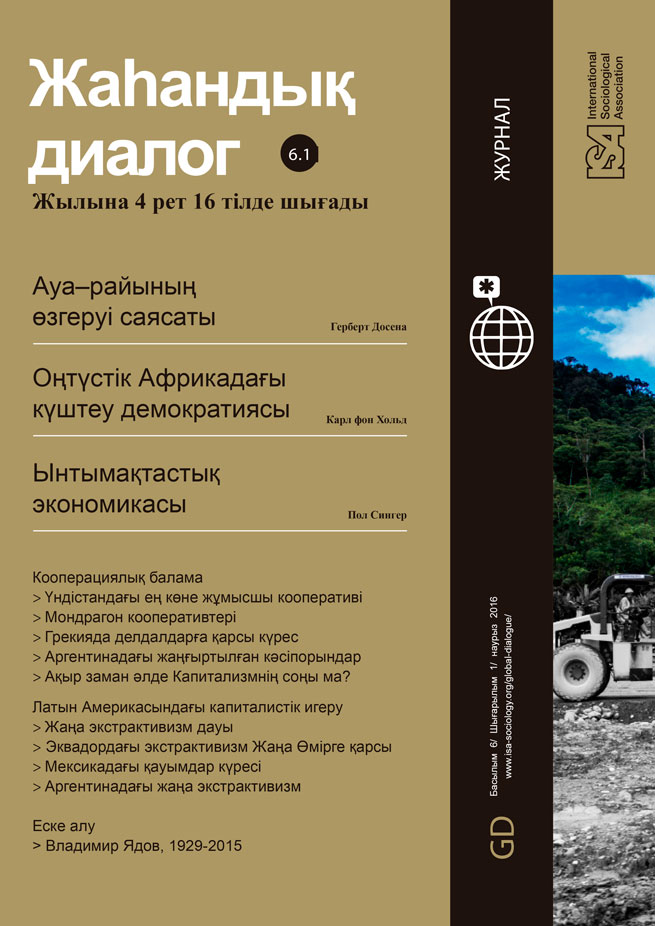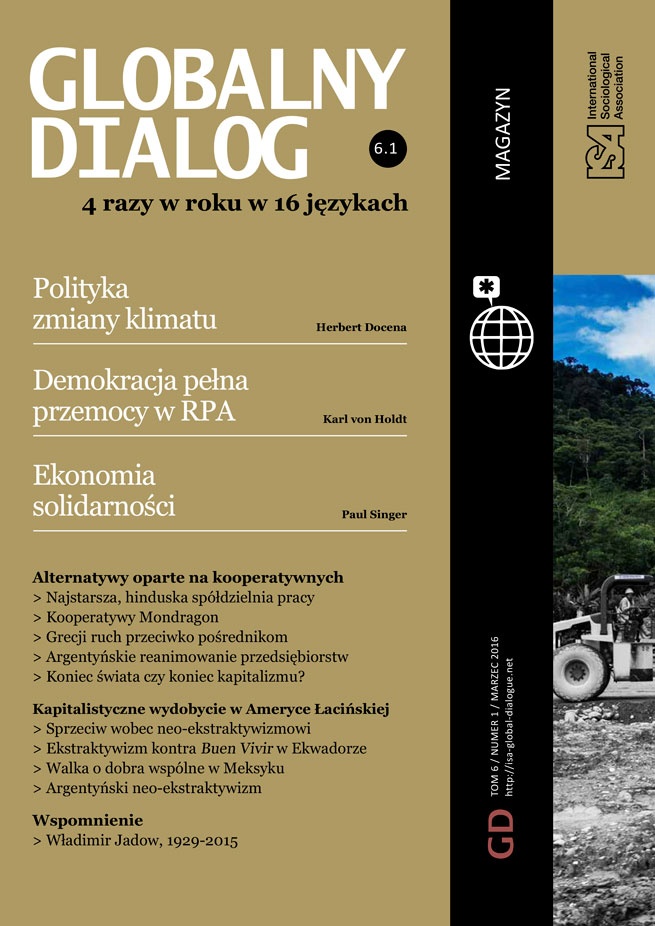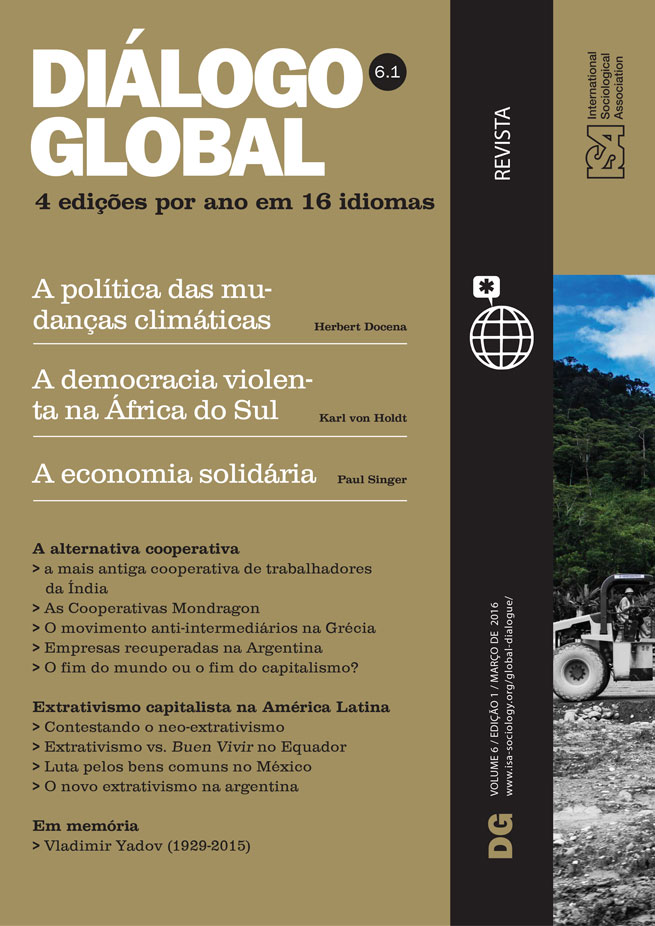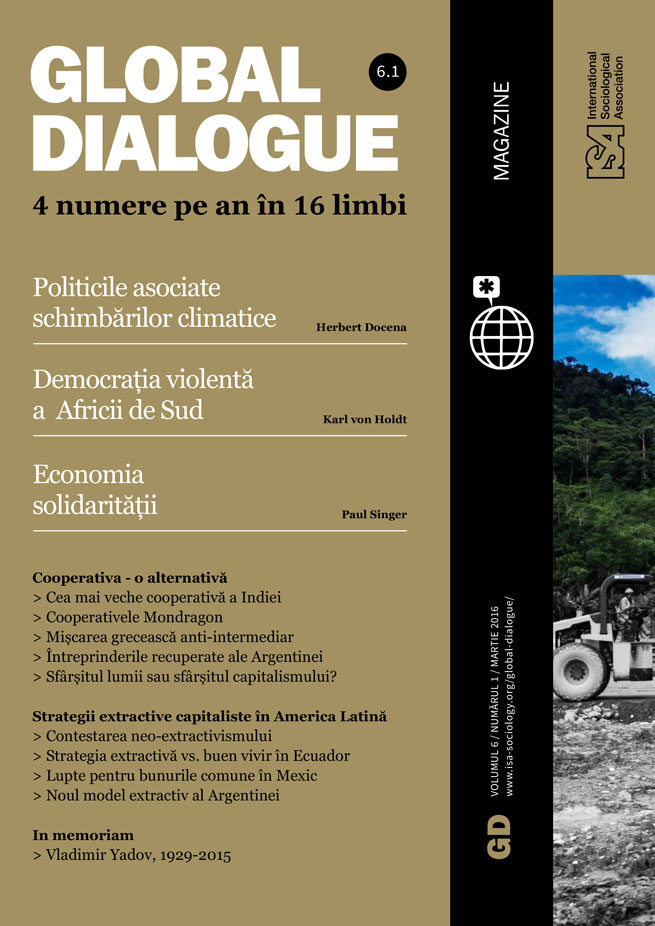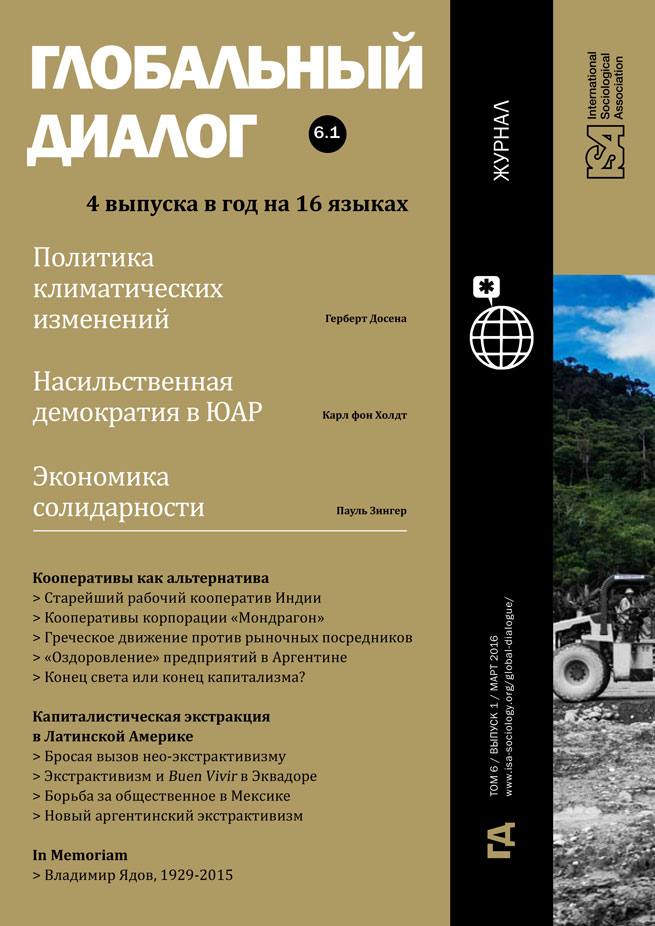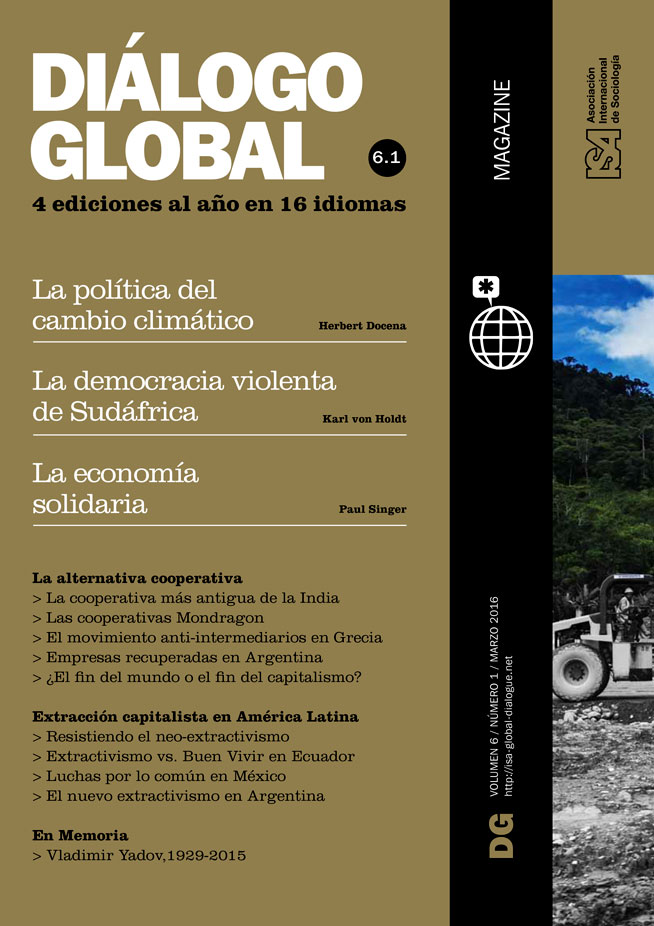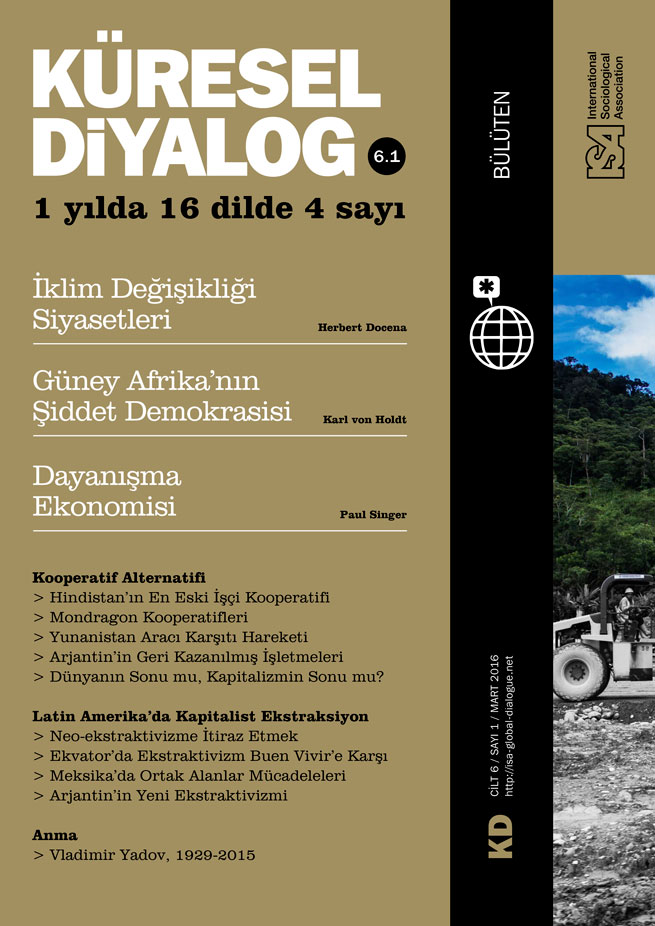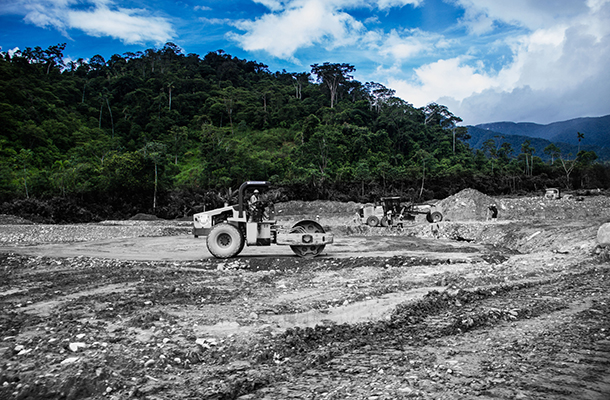In 2007, President Rafael Correa sparked great regional and international interest with his pioneering political project, La Revolución Ciudadana [Citizen’s Revolution]. In 2008, a Constituent Assembly approved a new Constitution which promoted the rights of nature, and in 2009, the government’s first development plan (Plan Nacional para el Buen Vivir, National Plan for a Good Living) reversed the dominant development paradigm, recognizing the “impossibility of continuing the devastating extractivist route for countries in the South.” Moreover, the pioneering Yasuní-ITT Initiative, calling for the suspension of oil extraction in the Ecuadorian Amazon in exchange for donations from the international community, promised a radical shift towards a post-extractivist Ecuador. After seven years of implementation of the so-called Revolución Ciudadana political project, what is the effect of Correa’s policies on mining and oil industries? What is left from these initial proposals and the hope they embodied?
The Expansion of the Extractive Fronts
Over the last few years, President Correa has continually favored the expansion of extractive frontiers. In the oil sector, new concessions opened more than three million hectares of the Amazon for drilling during the last two rounds of oil bidding. In 2013, Ecuador abandoned the ITT Initiative, signaling that parts of the Yasuní National Park – home of several indigenous groups, among them people in voluntary isolation – were open for extraction. Similarly, since 2009, the government has supported numerous mining megaprojects, many of them launched during the neoliberal period with the goal of transforming Ecuador into a mining country. Today, a dozen copper and gold mining projects continue, located in highly sensitive areas including indigenous territories, and areas of high biological diversity and water deposits.
The most important of these mining projects are owned by transnational companies: Chile’s state-owned company Codelco, which owns the Llurimagua project in the Intag area; Canadian junior mining companies such as Lundin Mining, Cornerstone, and Dynasty Metals, which continue to develop their Ecuadorian assets from a “legal haven” in Canada; and the Chinese state-owned Tongling and China Railways. Despite the creation of a state-owned mining company, ENAMI (Empresa Nacional Minera), Ecuador has no control over its future mining production.
In the oil sector, the new government successfully increased state revenues from oil by renegotiating contracts and increasing the participation of state companies. Nevertheless, new drilling areas are mostly destined for foreign companies. Moreover, and significantly, Ecuador received over $10 billion in loans from Chinese banks over the past five years, which has led to a permanent diversion of Ecuadorian oil production, as this debt is repaid in oil barrels to Chinese companies. Therefore, today, 90% of Ecuador’s oil production is expected to go towards this debt.
Accumulation by Dispossession
In the oil and mining territories, companies and state agencies use the legal framework created by the Revolución Ciudadana to dispossess people of their lands and take machinery away from medium-sized mining companies to establish the material conditions required for the implementation of large-scale extractive activities.
These processes – clear examples of David Harvey’s “accumulation by dispossession” – have led to the (re)constitution of countless anti-extraction movements, who fear for the future environmental and social disasters such as the ones that occurred over the last 40 years of oil exploitation in the Ecuadorian Amazon. These social movements include peasant and indigenous communities of the Amazon such as the Sarayaku and the Shuar and Mestizo peoples of the Cordillera del Condor; the populations living in the Intag and Pacto humid forests; people of the páramo areas; and urban organizations such as Yasunidos, which demanded a popular referendum on the decision to exploit the Yasuní National Park – a referendum that was not approved by the Electoral National Council.
Marginalization, Repression and the Criminalization of Social Protest
The government has dismissed these movement critiques of extraction policies. Both in government press releases and President Correa’s Saturday broadcasts (Sabatinas), the state-run media call those opposing the extraction model “childish,” describing extraction as the only route for “development” and “progress.”
Criminal law has been used to imprison anti-extraction resisters (especially through the use of categories like “terrorism” and “sabotage”). Other legal tools (such as the código 16) have been used to close NGOs like Pachamama, known for its support of Amazon peoples in their struggles against oil companies.
Finally, increased police and military presence in mining and oil extraction areas have spread terror among local populations and even resulted in several deaths. Intimidation has silenced critical activists and civil society more broadly, rendering impossible a public debate on the pertinence of the extractivist model.
In other work (Sacher, 2010) we have called states that put their apparatus in service of capital accumulation in mega-mining or oil extraction as “mineral-states” or “petro-states.” With the implementation of the Revolución Ciudadana political project, the Ecuadorian state now creates the material and social conditions necessary to develop these activities. Over the last few years, Rafael Correa has transformed Ecuador’s previous neoliberal state – which barely existed in many of the country’s territories – into a mineral- and petro-state.
What is left of “Buen Vivir”?
Correa and his government’s extractivist policies are at odds with their official rhetoric. Official statements denounce “development” models and economic growth, the exploitation of human beings and nature, demanding the end of extractivism. Yet the government’s actual practices fail to embody the spirit of the Constitution of 2008. The government argues that mining and oil companies will carry out “responsible” exploitation of natural resources and that extractivism today is a necessary step for its abandonment tomorrow. But as Ecuadorian philosopher David Cortez has put it, Correa’s “Sumak Kawsay” (Buen Vivir) has not provided a new developmental paradigm, but a tool to legitimize policies of aggressive extractivismo, and even a new tactic of power.
References
Sacher, W. “The Canadian mineable pattern: institutionalized plundering and impunity.” Acta Sociológica 54, January-April 2010, pp. 49-67.
William Sacher, FLACSO (Latin American Institute for the Social Sciences), Ecuador <william.sacher@mail.mcgill.ca>
Michelle Báez, FLACSO, Ecuador <baemic@gmail.com>
